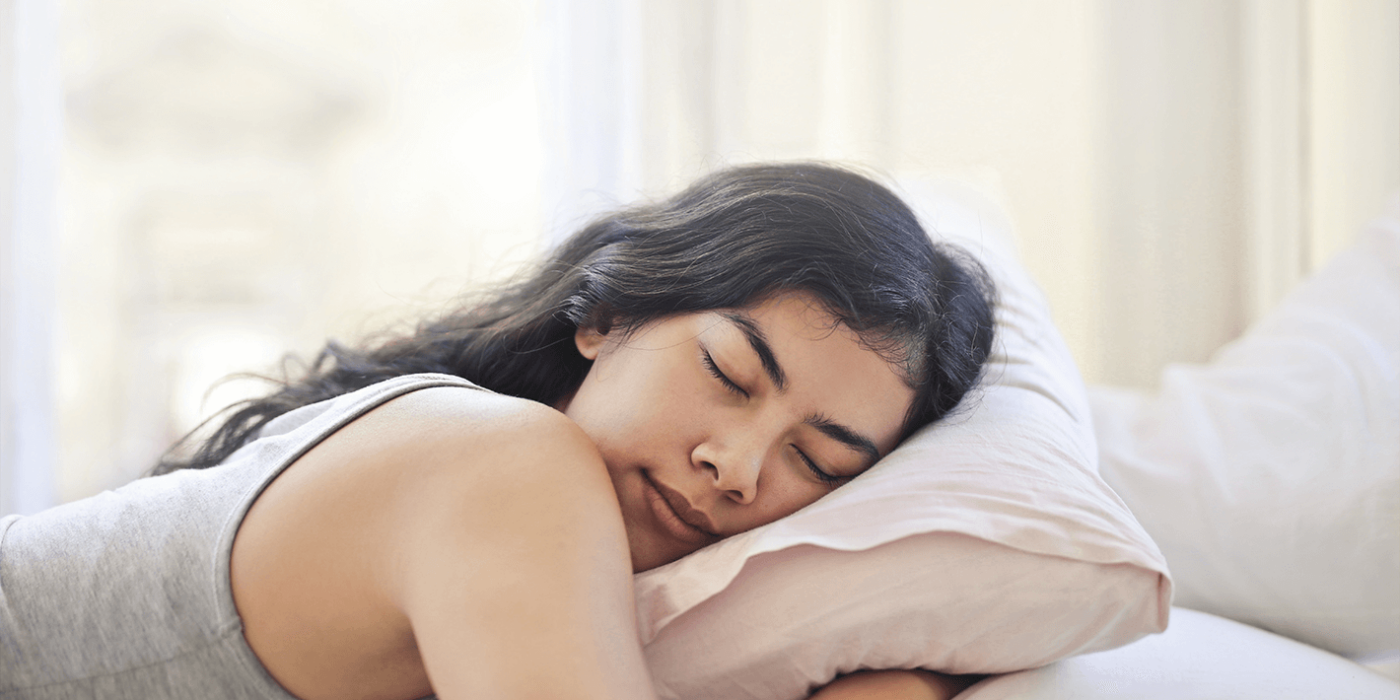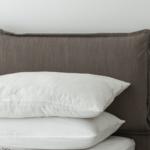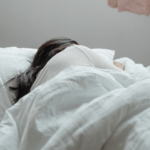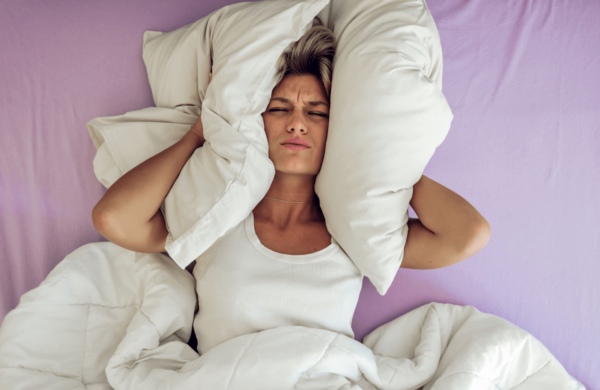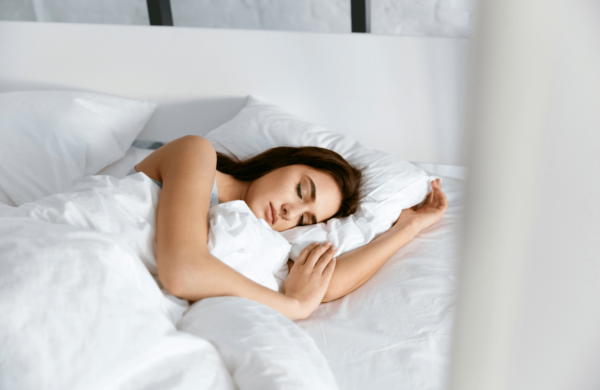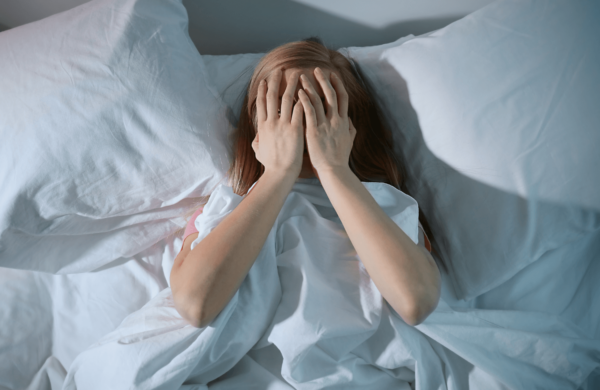Does Sleeping Burn Calories?
We burn calories all the time, including whilst we’re asleep. So long as our body and brain are functioning, we need energy to supply them with the power they need to perform essential duties, such as breathing, digestion, repairs and maintenance, and movement.
The number of calories we burn whilst we’re awake is higher than when we’re asleep, as you’d expect, because typically we’re more active during the day.
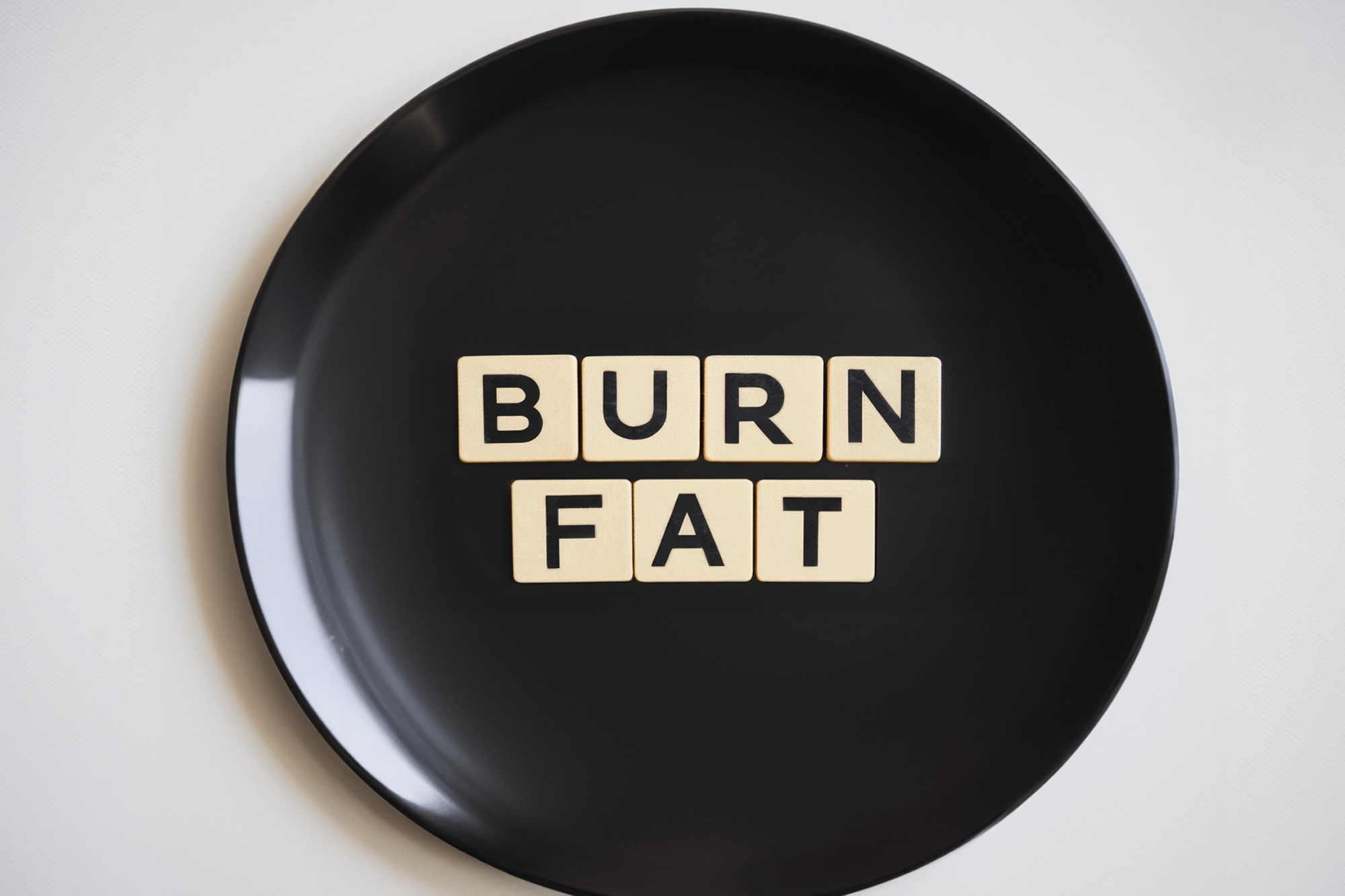
The number of calories we burn depends on our gender, age, weight and metabolism. Taller and larger people need more calories to function and people who have more muscle mass will have a higher metabolic rate as muscle burns more calories than fat.
Another factor that will affect how many calories you burn is gender. Men tend to have more muscle mass than women so therefore burn more calories. Genetics and race may also play a part in metabolic function, as will hormonal changes such as pregnancy and menopause.
Children will burn more calories as they grow but their metabolic rate will slow down as they mature.
Basal Metabolic Rate
Your basal metabolic rate or BMR, is your baseline metabolic rate. It is the measure of how much energy you need to perform essential functions such as breathing, movement and circulation. Your BMR accounts for approximately 80% of the total number of calories you burn each day.
In order to accurately measure your BMR rate you’d need to spend some time in a laboratory, fast for a certain amount of time, skip your workout and get at least 8 hours of sleep. This isn’t viable for most people.
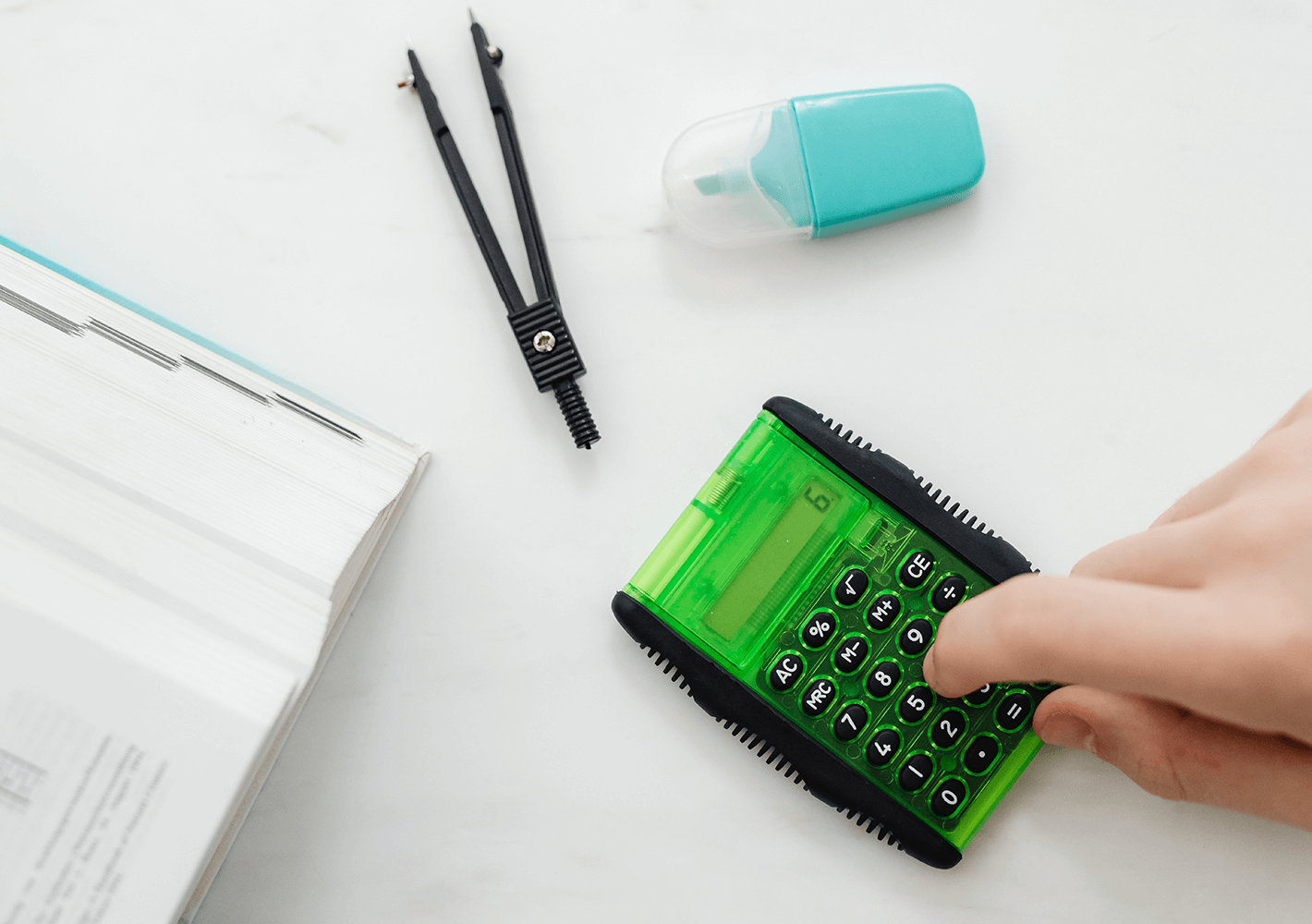
Luckily for us there is a calculation you can use to work out your BMR. The following equation is called the Harris-Benedict Equation and uses your sex, weight, height and age to calculate your BMR and gives the total number of calories burned across 24 hours.
For males:
BMR = 66.5 + (13.8 x weight in kg) + (5 x height in cm) – (6.8 x age in years)
For females:
BMR = 655 + (9.6 x weight in kg) + (1.8 x height in cm) – (4.7 x age in years)
How to work out how many calories you burn in your sleep
It is thought that we burn around 50 calories per hour during sleep, although this may be more for some and less for others.
To work out approximately how many calories you burn during sleep, use the equation above to work out your BMR for 24 hours, then divide your BMR by 24 and multiple it by 0.85. This takes into account your lower metabolic rate during sleeping and should give you a fairly accurate calculation of how many calories you burn when you’re asleep.
Simple, right?
Calories Burned While Sleeping Calculator
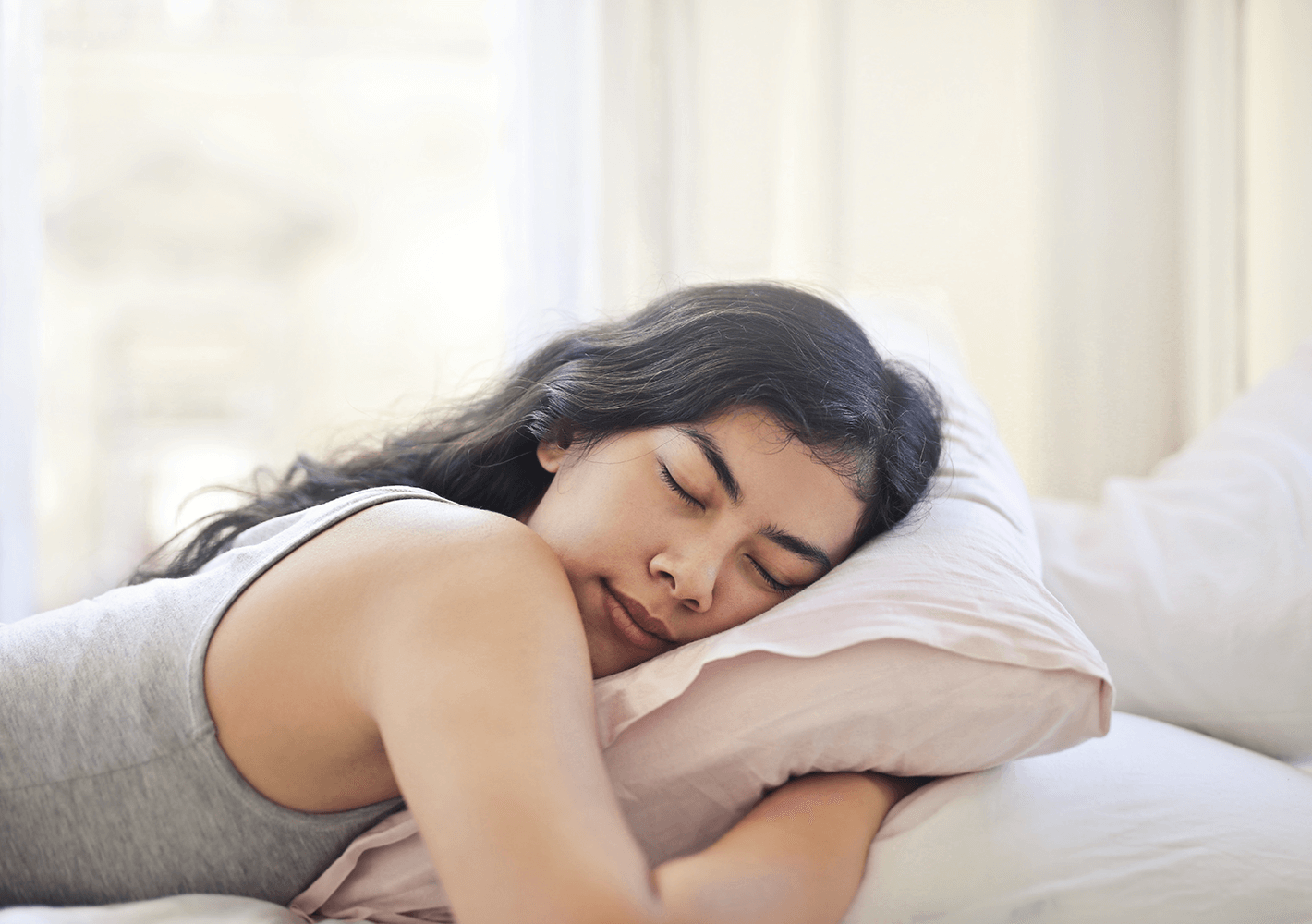
Can I burn more calories by sleeping less?
Following your maths session, you might stop to think so if I sleep less, I can burn more calories.
Sleep deprivation IS NOT a good idea. In theory as we burn more calories awake then calories burned sleeping, logic would dictate that skipping sleep would allow us to burn more calories, right? WRONG.
Lack of sleep leads to all kinds of other problems, such as lack of concentration, craving sugary foods which increases calorie intake, physical fatigue and mood swings. Prolonged sleep deprivation can cause major health problems and make you more susceptible to illness and diseases.
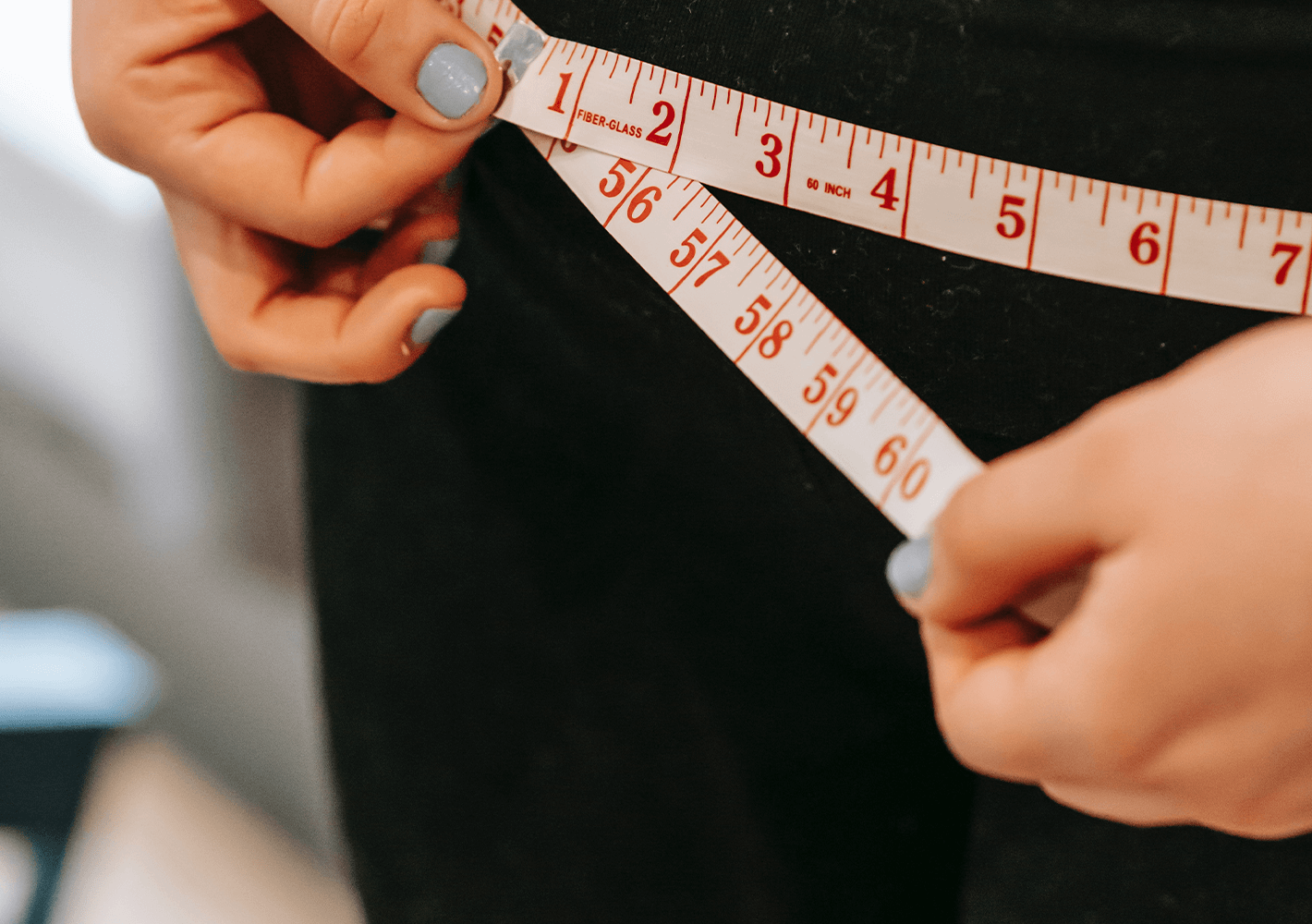
Top tips for improving your sleep quality
• Maintain a healthy diet – don’t consume more calories than you burn to keep a healthy weight for your size.
• Exercise regularly – being active will burn more calories, help build muscle mass and ensure you feel tired at nighttime, which will make falling asleep quicker and easier.
• Avoid devices before bed – the blue light emitted by screens can inhibit our melatonin production, which can affect our ability to feel tired at night.
• Fix your sleep schedule – studies have shown that going to sleep and waking at the same time will help your body know when to be awake and when to feel sleepy, ensuring you get the recommended 7-9 hours sleep a night.
For more information you can read our post on how to fix your sleep schedule.
• Avoid stimulants before bed – caffeine, nicotine and alcohol can all affect your ability to get to sleep. Try to avoid these close to bedtime and opt for a hot, milk drink instead.
For even more insightful information on improving your sleep quality, find out what not to do before going to sleep & start achieving better sleep tonight!

